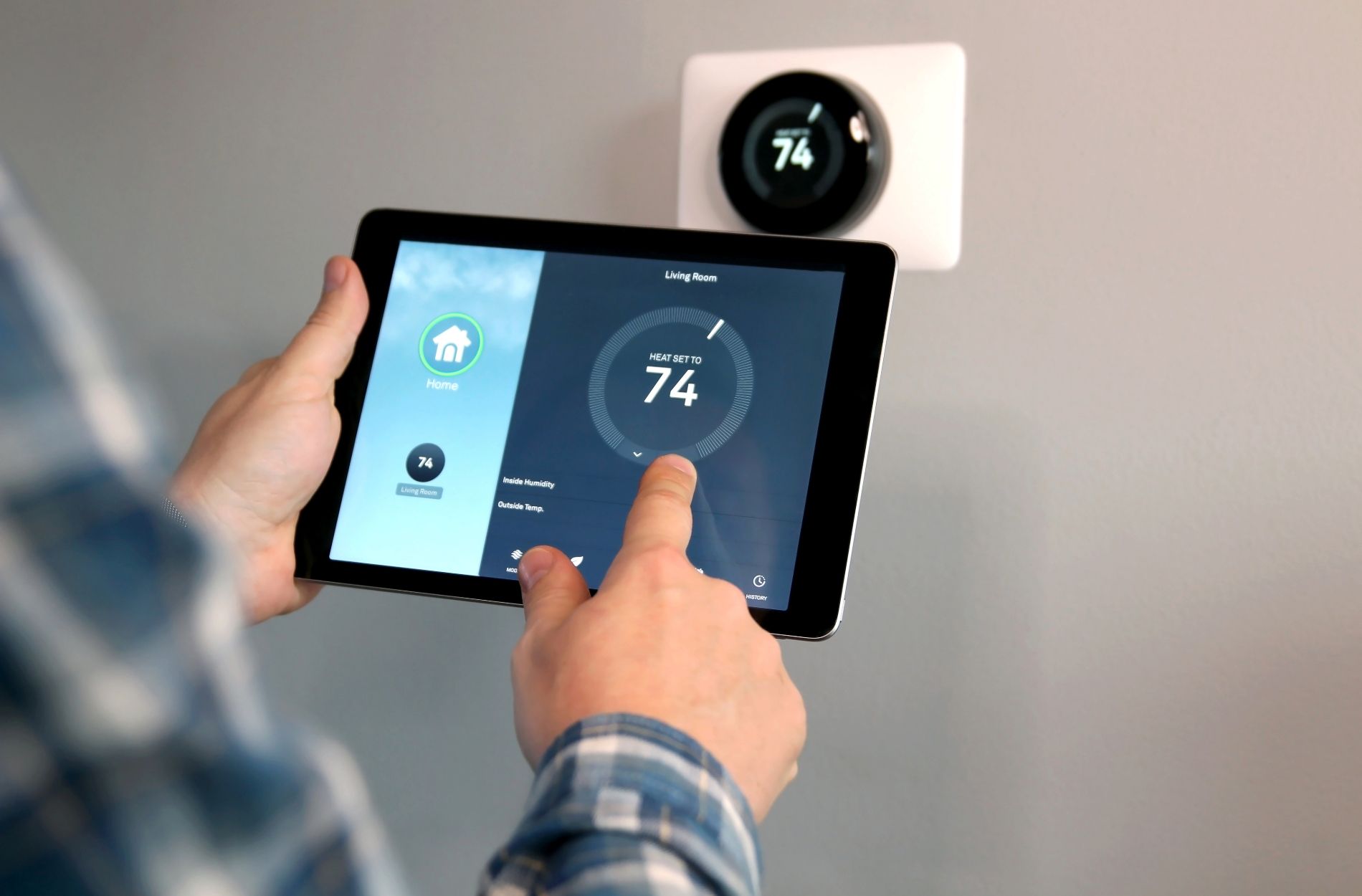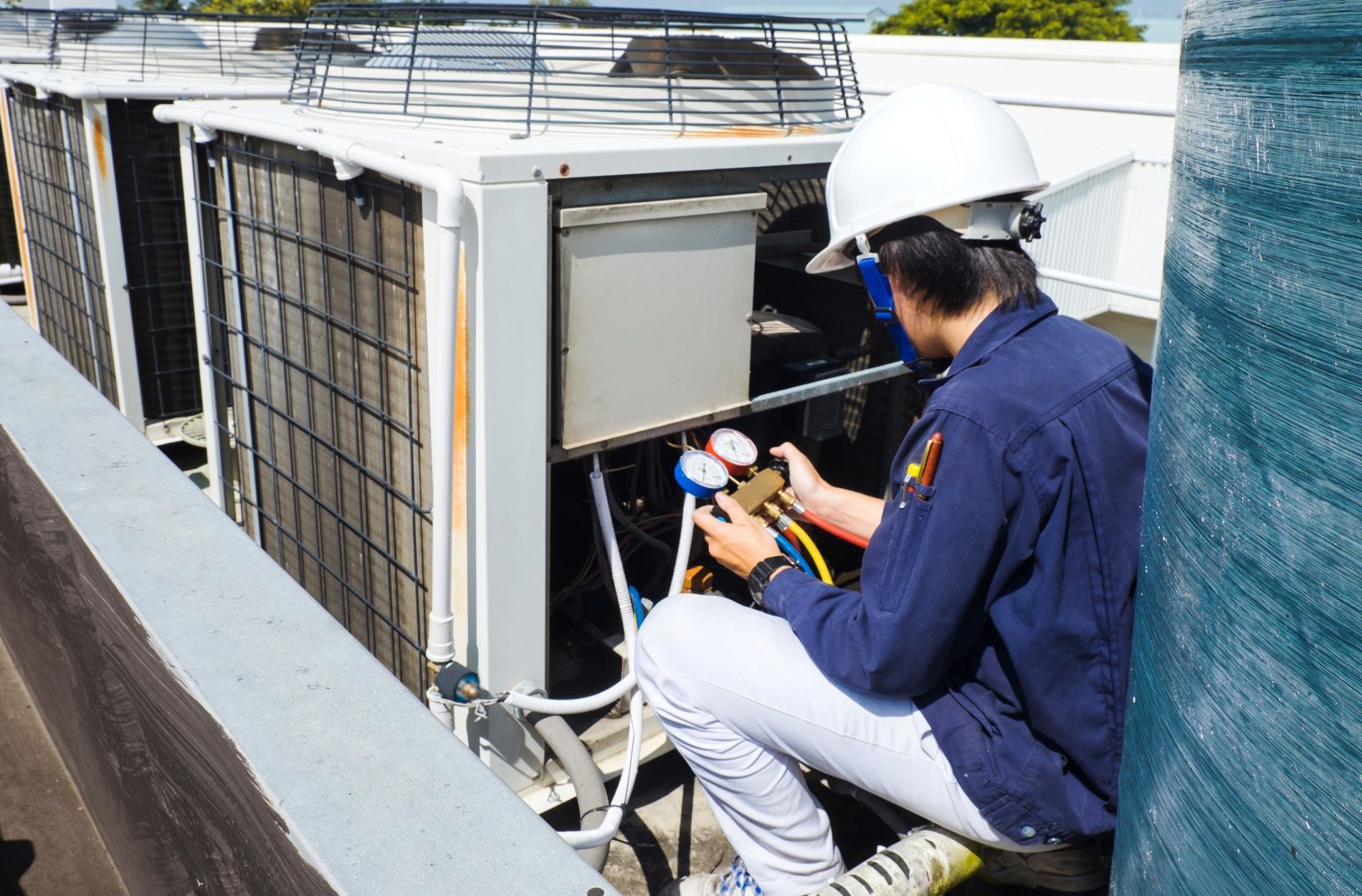Easy HVAC Filter Replacement Guide
When it comes to maintaining your home's heating, ventilation, and air conditioning system, one of the simplest yet most crucial tasks you can perform is replacing the HVAC filter. Many homeowners might not realize just how important this component is for their HVAC system's efficiency and the air quality they breathe indoors. Regularly replacing your filter helps keep the air clean and maximizes the functionality of your HVAC system, ensuring it runs more efficiently and saves you money on energy costs in the long run.
Understanding which filter is right for your system and how to properly install it can seem daunting at first. But don't worry, we've got you covered! By following a few straightforward steps, you can ensure that your HVAC system remains in top condition, providing optimal air quality and system performance. So, let's prepare to dive into the simple steps of identifying the right filter for your HVAC system and replacing it effectively without any fuss. This guide is designed to turn what might seem like a chore into an easy, fulfilling task that enhances your living environment.
Why It's Important to Replace Your HVAC Filter Regularly
Keeping the HVAC filter fresh and clean is much more than just a minor maintenance task; it's essential for both the health of the HVAC system and the environment of your home. A clean filter ensures that your system runs as efficiently as possible. With a clogged or dirty filter, your system has to work harder to circulate air throughout your home, leading to increased wear and tear on the unit and potentially higher energy bills.
Moreover, a clean air filter significantly improves the air quality in your home. This is particularly crucial for families with allergies or respiratory issues. A dirty filter can circulate dust, pollen, and other allergens in the air, exacerbating allergies and affecting overall health. Regularly replacing your HVAC filter can also prevent these contaminants from building up in the system's ductwork, which can be costly and complex to clean.
Identifying the Right Filter for Your HVAC System
Choosing the correct filter for your HVAC system is pivotal to maintaining the unit's efficiency and prolonging its lifespan. Here's how you can identify which filter is right for your system:
1. Check the Size: The first step is to ensure that you are buying the right size air filter. You can typically find the size printed on the edge of your current filter. It's important to match these dimensions exactly because a poorly fitting air filter can allow debris to bypass the filter entirely, defeating its purpose.
2. Understand the MERV Ratings: Filters are rated based on their ability to capture large particles between 0.3 and 10 microns (known as the MERV rating). Residential filters generally range from MERV 1 to MERV 13. Higher MERV ratings indicate a finer filtration, meaning more and smaller particles are trapped by the filter. However, a higher MERV rating might restrict airflow, so it’s important to balance air quality needs with your system's capacity.
3. Consider Specific Needs: If someone in your home suffers from allergies, consider a filter with a higher MERV rating that can capture smaller particles more effectively. For general use, a MERV rating of 7 to 12 is typically adequate for balancing air quality and system efficiency.
After identifying the right filter, replacing it is the next simple step toward better air quality and system performance. This simple maintenance task can have a significant impact on the effectiveness and longevity of your HVAC system.
Step-by-Step Guide to Replacing Your HVAC Filter
Replacing the HVAC filter is a simple process that we can all handle with a bit of guidance. First, ensure your HVAC system is turned off to avoid any safety hazards. Next, locate the filter housing on your unit. This can typically be found along the return duct or in the air handler. Once located, remove the access panel or cover if necessary.
Carefully slide out the old filter and note the direction of airflow indicated by arrows on the frame of the filter. This will help you install the new filter correctly. Take your new filter, which should match the specifications recommended by your HVAC system's manufacturer, and slide it into place with the arrows pointing in the direction of the airflow. Secure any access panels or covers you had to remove earlier, and then turn your HVAC system back on. It’s a good idea to check that the filter is fitted securely and that no air is escaping around the edges.
Troubleshooting Common Issues After Replacing Your HVAC Filter
After replacing your HVAC filter, you might encounter a few common issues that can easily be addressed. If you notice any unusual noises coming from the HVAC unit after installing a new filter, first check to ensure that the filter is properly secured and that no parts of the filter are obstructing any moving components inside the HVAC unit. Additionally, ensure the filter size and type correctly match what your system requires, as an incorrect filter can restrict airflow and cause operational issues.
Another common issue might be a noticeable drop in air quality or flow. This could be due to the new filter being installed in the wrong direction of airflow or an incorrect filter size that does not fit the housing correctly, causing air to bypass the filter altogether. Double-check to make sure everything is aligned as it should be. If problems persist, it might be a sign of a different underlying issue with the HVAC system itself.
The Importance of Regular HVAC Maintenance
Regular maintenance, including frequent filter changes, is crucial to extending the lifespan of your HVAC system, enhancing the air quality in your home, and ensuring your system is operating as efficiently as possible. Remember, a clean filter means cleaner air for you and your family. It effectively traps pollutants and allergens that could otherwise circulate through your home.
For those who might feel uncertain about choosing the right filter, replacing it correctly, or troubleshooting issues, our team at Anytime Heating & Air is always ready to help. We bring expertise and meticulous care to ensure your HVAC system functions flawlessly throughout the year. Don’t hesitate to reach out to us for guidance or more information on regular HVAC maintenance or if you require professional
HVAC services. Trust us at Anytime Heating & Air to keep your home comfortable and your air clean. Call us today to schedule your next service appointment.


